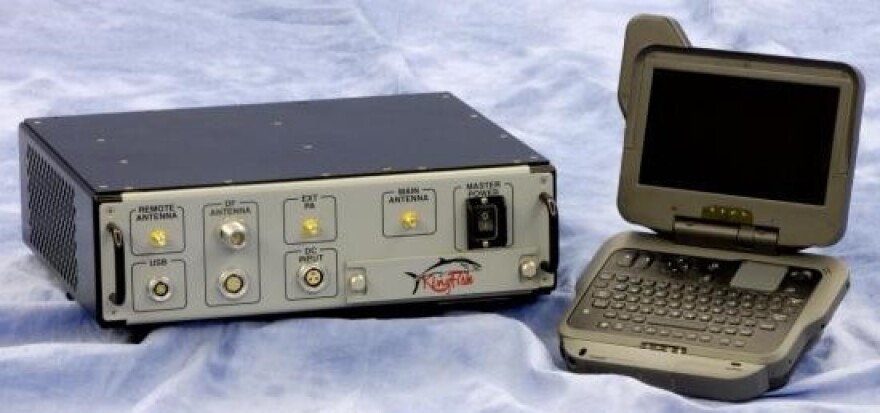In a case with wide-ranging impact, a New York City judge on Wednesday ruled information collected by portable cellphone tracking systems commonly known as Stingrays may remain confidential.
The New York Civil Liberties Union had sued the New York Police Department in 2016 for specific information on its Stingray program after a records request under the state's Freedom of Information Law was denied.
However, the judge ruled the NYPD will not have to reveal details about its system, saying disclosing it would help wrongdoers evade detection. An NYCLU attorney said it may appeal.
The suitcase-sized devices can sweep up cellphone data from an entire neighborhood. Some can even intercept texts and calls.
About a dozen states now have laws requiring warrants to use the technology. A judge in New York City last year ruled the NYPD must have an eavesdropping warrant to use the device.
The Erie County Sheriff's Department has released information regarding its Stingray use to the NYCLU. In March 2015, a Supreme Court Justice ruled the Sheriff’s Office must disclose the information after the NYCLU sued.
"The records showed that of the 47 times the Sheriff’s Office used stingrays in the past four years, it apparently only once obtained a court order, contradicting the sheriff’s own remarks," the NYCLU said.
However, the Sheriff's Department disputed that, saying there was a warrant in every criminal case.
"As I look through the 47, there were cases where we had lost missing persons. There were cases of suicidal persons. It was a mix of the 47 cases, they weren't exclusively criminal," said Sheriff's Special Services Chief Scott Patronik at the time. "The criminal cases are typically, were our more serious cases, individuals wanted for homicide."
In response to this latest court decision, the department issued the following statement:
"The Sheriff’s Office will have to research this decision and compare it to the federal ruling from a couple of years ago. Then it will be determined if and how this local court decision affects our agency."
The Associated Press contributed to this report.




